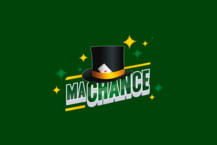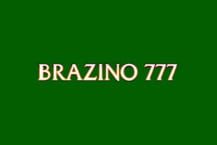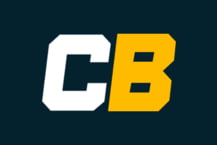Laws and Regulators
The gambling industry in Ireland is regulated by a set of laws, including the Gaming and Lotteries Act 1956 (amended in 2013) and the Betting Act 1931 (amended in 2015). The Betting Act 2015 regulates online sports betting activities.
Under the current laws, the Government has no responsibilities in relation to licensing or regulating some forms of gambling (e.g. gaming machines). Under the Lotteries Act, it is left up to local authorities and district courts to decide whether to grant a gaming license or not.
The following governmental bodies are responsible for supervising gambling in Ireland: the Department of Justice and Equality (http://www.justice.ie/en/JELR/Pages/WP15000254) and Revenue Commissioners (https://www.revenue.ie/en/Home.aspx).
In March 2019, the government approved a plan to establish a gambling regulatory authority within the Department of Justice to deal with the gambling issues (http://www.justice.ie/en/JELR/Pages/WP15000254), but it could take up to 18 months.
Land Based Casinos
Casinos are officially illegal under the Irish law. However, private members-only clubs offering traditional casino gambling activities are legal. Currently, such members-only casino-clubs operate across Ireland, mainly in the country’s capital, Dublin. Membership is mandatory, though it is often free. Patrons must become club members. Membership is allowed to those who are at least 18 years old.
Irish casino-clubs are smaller and more exclusive than common European casino establishments. In fact, these clubs are mini-casinos that provide various casino games and slots. Poker is also available. Playing casino games for real money at these clubs does not violate the Gaming and Lotteries Act 1956. Dress code and opening hours vary in different locations.
Online Gambling
Irish gaming law does not directly address online gambling. The Betting Act 2015 addresses online betting and the provision of online betting services. Specific licensing requirements and procedures are established. The Act made it illegal for online betting businesses to offer their services to Irish citizens without first acquiring a remote bookmaker or betting intermediary license. The Irish authorities police online betting operators to ensure that they are authorized and pay the appropriate taxes.






















